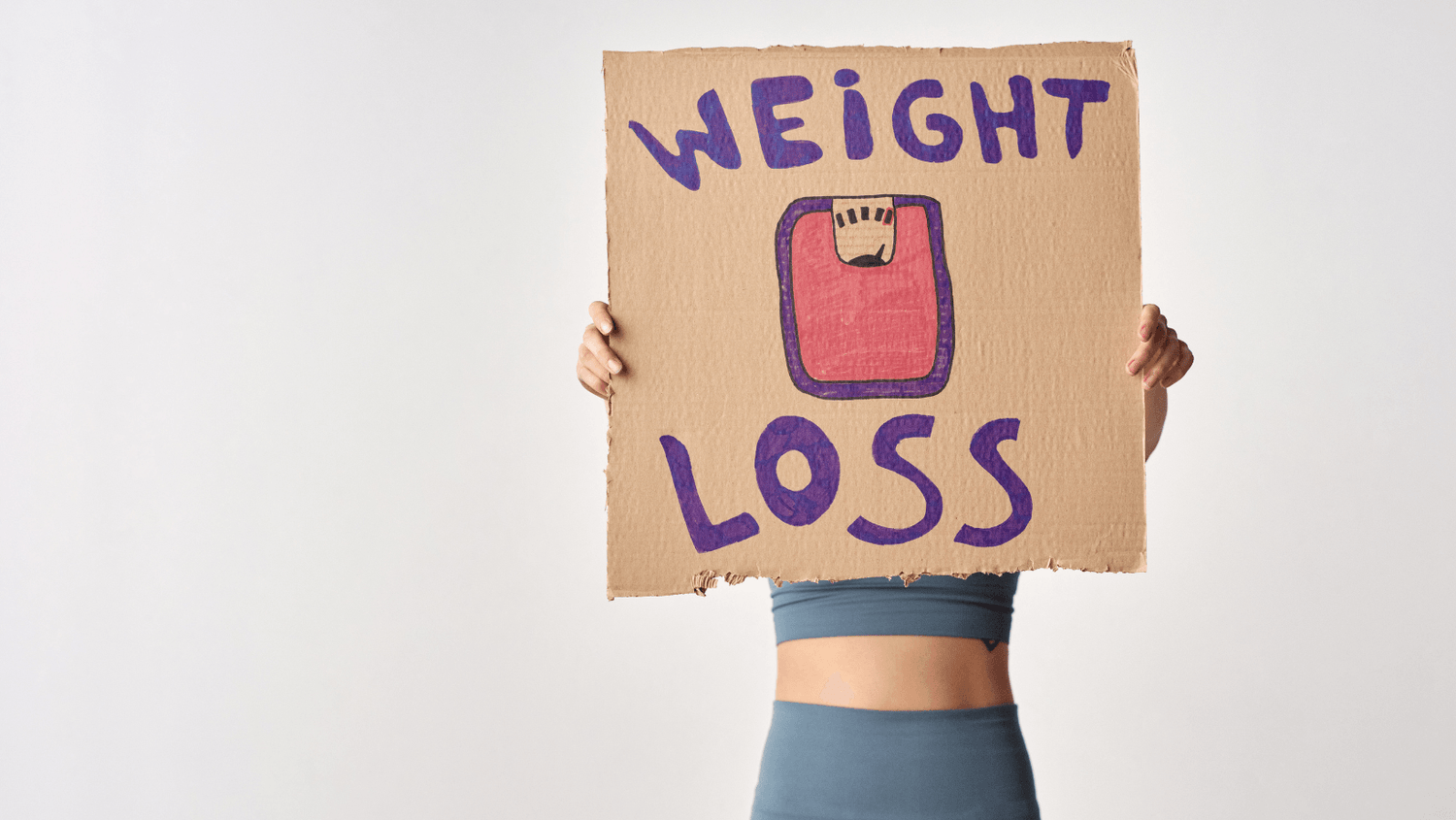We all know that losing fat requires a combination of training and diet. But it's not as simple as it seems. With countless weight loss methods available, taking the wrong approach will only hinder progress.
To truly lose weight, the first step is to create a caloric deficit, which is the foundation of any effective fat loss plan. You might come across contradictory info about losing weight on the internet and social media, and it can be tough to distinguish fact from fiction. However, following this principle can keep you from making many incorrect decisions.

In this article, we've compiled some widely held misconceptions about losing weight according to expert coaches. Check them out. If you fix errors early, you can save effort and reach your weight loss goal with less work.
Common Myth #1: Neglecting Strength Training
Many individuals believe that losing weight only requires doing more aerobic exercise and not strength training. This is because fitness experts have always emphasized that aerobic exercise reduces fat, while strength training builds muscle and strength. Whether the goal is to lose weight or build muscle, adding strength training to the workout routine is essential. People also think that strength training can turn females into King Kong Barbie, causing them to lose their feminine charm.

These notions are misguided. If your goal changes from gaining muscle to losing body fat, you should still focus on strength training as your main exercise.
Strength training can help prevent muscle loss, boost your metabolism, help you lose weight faster, improve your body proportions, and create attractive body lines. Additionally, building muscle while in a calorie deficit is very challenging. By building muscle and strength through smart training, you increase your chances of keeping them as you lose weight. This makes it less likely for you to become a "skinny fat person".
Additionally, women should not worry that strength training will make them bulky, as building muscle is not an easy task. To build big muscles, you have to lift heavy weights and train intensely. You also need to consume enough protein and supplements that your body needs. It takes a long time and persistence to achieve significant muscle growth.
Common Myth #2: Excessive Aerobic Exercise
Many of us believe that doing a lot of aerobic exercise every day is the best way to lose weight, but this is incorrect. While aerobic exercise is a great way to shed pounds, exercising excessively can be a mistake when it comes to losing fat.

It's important to understand that whenever a person is alive, their body produces free radicals through oxidation, which is related to 80% of diseases. Normally, the body's antioxidant substances can neutralize free radicals. Aerobic exercise means that the body exercises by consuming oxygen, a form of oxidation. If aerobic exercise is done over a long period of time, the body is unable to prepare enough antioxidant substances to neutralize the large amount of free radicals produced, leading to an environment with too many free radicals and accelerating aging. If you don't eat enough fruits and vegetables, taking antioxidant supplements won't be sufficient. Additionally, if you engage in too much long aerobic exercise, your body will oxidize quickly, which will accelerate the aging process.
Prolonged aerobic exercise, daily stress, and hunger-induced perceived threatened life all cause similar adrenal stress, boosting cortisol secretion. Cortisol then slows the body's carbohydrate consumption rate, resulting in fat storage in the abdomen. Excessive aerobic exercise, daily stress, and extreme dieting may lead to fat storage, impeding weight loss goals.
So for aerobic exercise, we generally recommend about 5 times a week, each duration of 40 minutes to 90 minutes, you can refer to the recommendations, according to their own actual situation to arrange the frequency and duration of aerobic exercise.
Common Myth #3: You Can Only Eat Salads When Losing Weight
We usually see a lot of dietary advice, and many weight loss bloggers share their fat loss salad practices. This leads some people who are in the fat loss period to believe that they can only eat salads and not meat during the fat loss period. But this is actually not the case. Some fruits and vegetables are higher in carbohydrates than meat. For example, the intake of 100 grams of lean meat, the carbohydrate content of 0%-1%, while the carbohydrate content of rice and noodles up to 70%-80%, and even fruits, vegetables and dairy carbohydrates are higher than lean meat. Eating meat will gain weight such a statement is actually a misunderstanding.

This is why many vegetarians are not thin, because most vegetarians do not consume a lot of carbohydrates and a lot of total energy. In addition, a diet that lacks meat leaves the body protein deficient, which in the long run not only results in serious muscle loss, but also affects the body's immunity. Of course not just any meat, cured meats, lunch meat, offal, etc. can be minimized.
When preparing your diet plan, keep in mind our calorie principle. It is not necessary to eat only salads and refuse to consume all proteins and meats. The first and foremost principle of the diet is "low carbohydrate, moderate protein and fat", and the main objective is "fat loss", i.e., by consuming fewer carbohydrates, the glucose supply to the body is blocked, so that the body's own fat is utilized, and fat is burned for energy, resulting in weight loss.
In short, weight loss can be achieved through various strategies. However, the basic principle is to consume fewer calories than you burn in order to create a calorie deficit and achieve weight loss. A professional fat loss coach can provide scientific guidance on how to accomplish this goal. By staying committed for a sustained period of time, you can gradually reach your weight loss objective.



